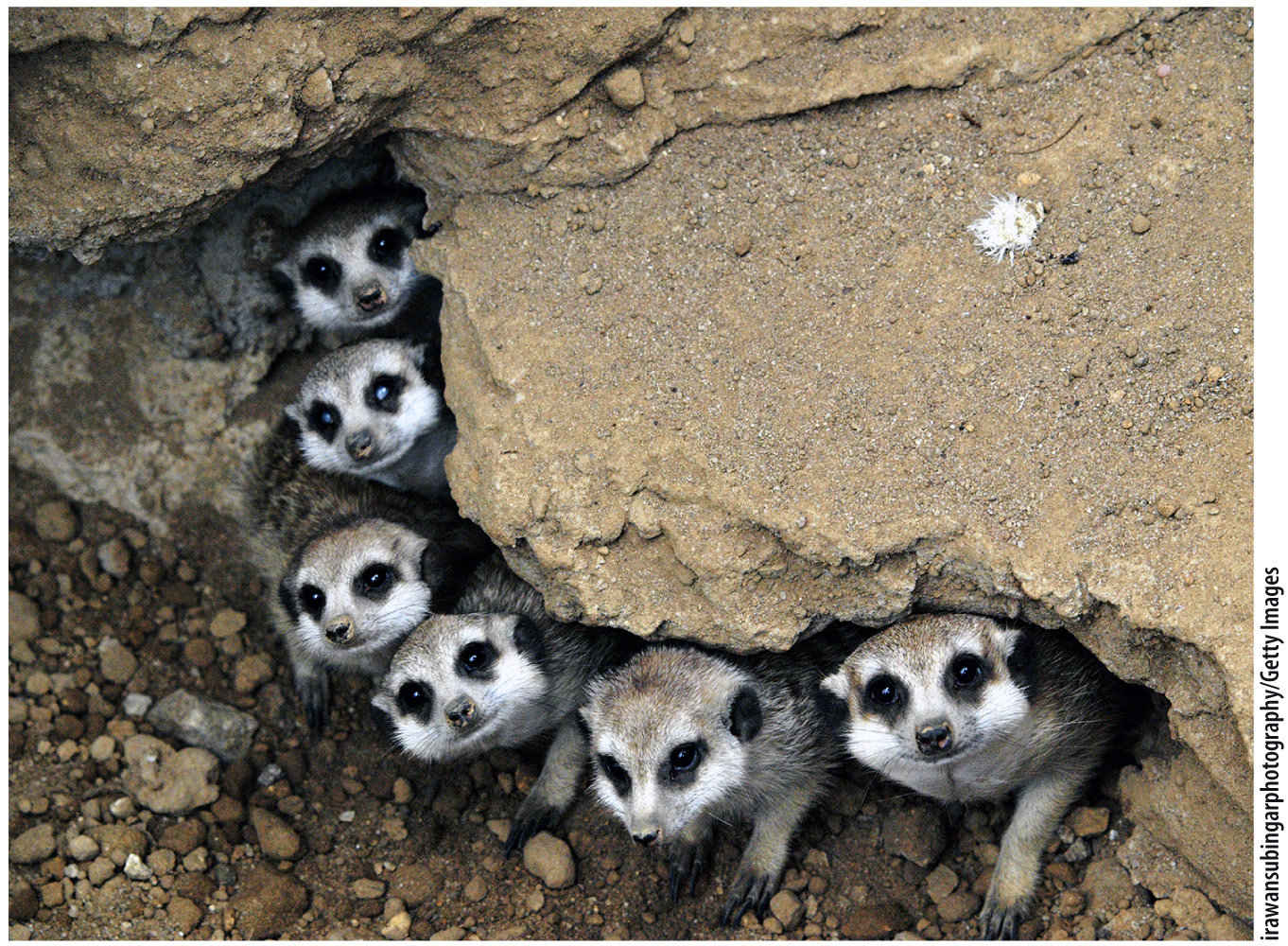Chapter 28 Introduction
577
CHAPTER 28
Being Multicellular

Core Concepts
- Complex multicellularity arose several times in evolution.
- In complex multicellular organisms, bulk flow circumvents the limitations of diffusion.
- Complex multicellularity depends on cell adhesion, communication, and a genetic program for development.
- Plants and animals evolved complex multicellularity independently of each other, and solved similar problems with different sets of genes.
- The evolution of large and complex multicellular organisms, which required abundant oxygen, is recorded by fossils.
578
Chapters 26 and 27 introduced the extraordinarily diverse, but largely unseen, world of microorganisms. Among the Bacteria, Archaea, and protists, each cell usually functions as an individual, growing and reproducing, moving from one place to another, taking in nutrients, and both sensing and transmitting molecular signals. In contrast, complex multicellular organisms contain as many as a trillion or more cells that work in close coordination. In your own body, for example, different cells are specialized for specific functions, so that while your body as a whole can perform the broad range of tasks accomplished by microorganisms, individual cells for the most part cannot. Cells lining the intestine absorb food molecules, but nutrients must then be transported to other parts of the body. Lungs take up oxygen from inhaled air, but this, too, must be distributed to other tissues and organs. And while cells at the body’s surface sense signals from the environment, the signals affecting interior cells come mostly from surrounding cells.
The biological gulf between microbes and complex multicellular organisms is enormous, but complex multicellularity has evolved a half dozen times. In the chapters that follow, we explore the structure and diversity of plants, fungi, and animals. Here, however, we address the broader question of how complex multicellular organisms evolved in the first place.